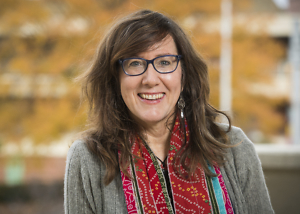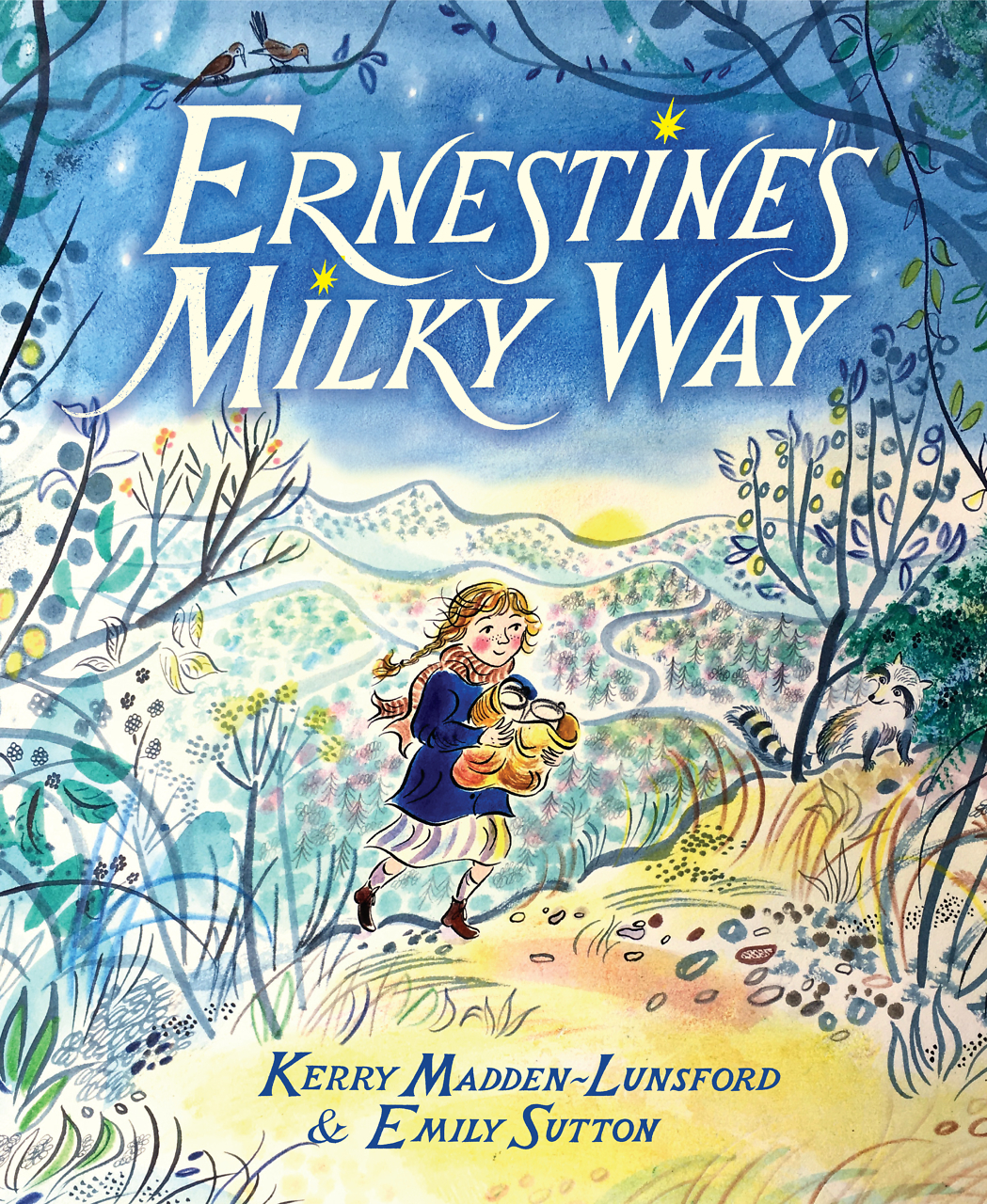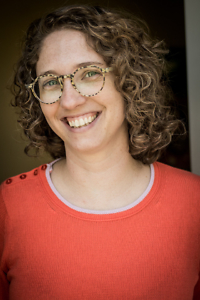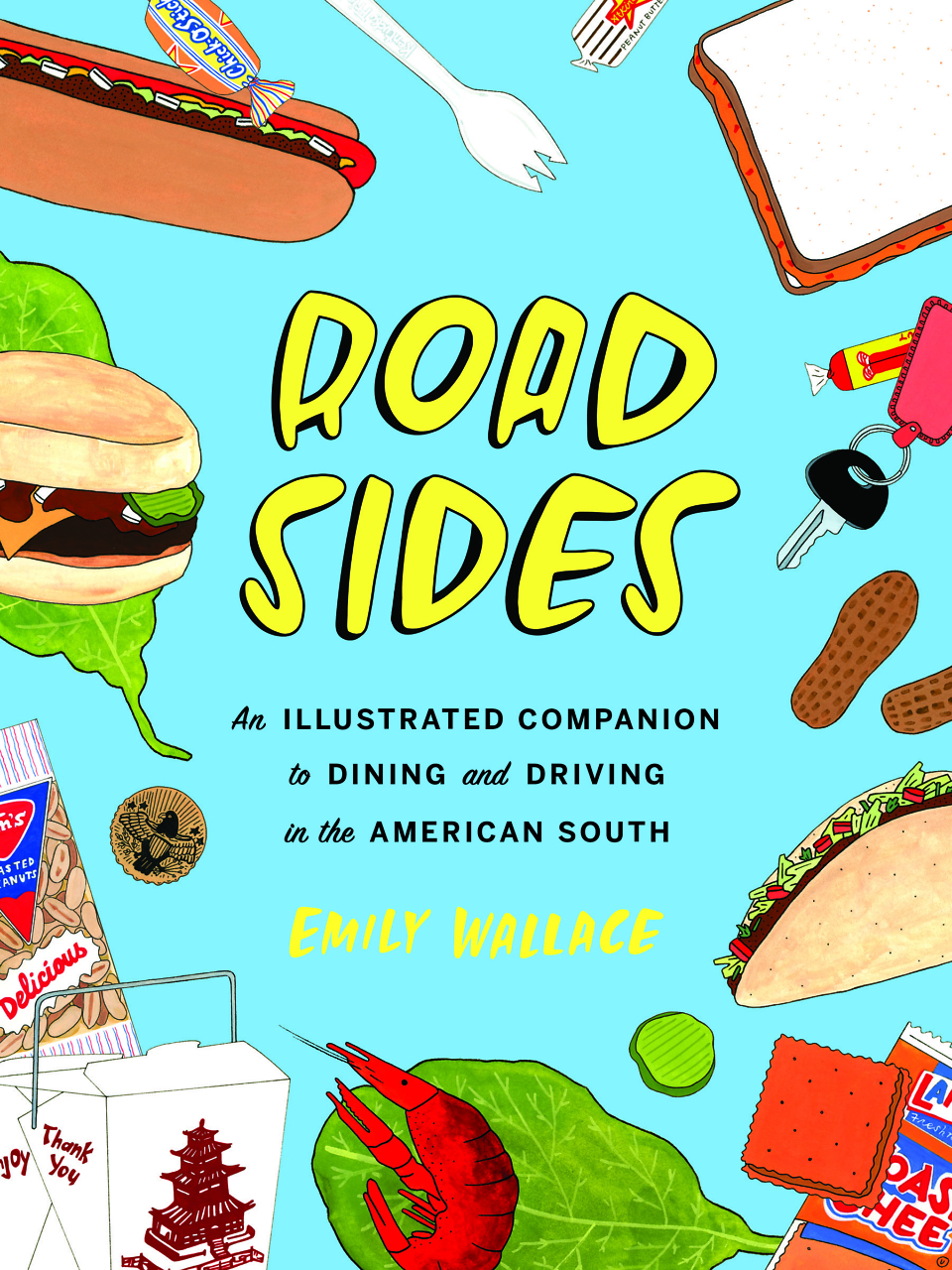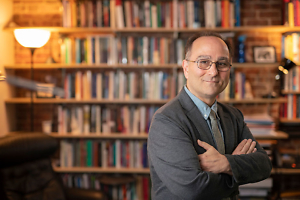The Love Song of Jericho Brown
Jericho Brown’s raw, lyrical poetry begs to be sung
Please, Jericho Brown’s first collection of poetry, is like an album you can’t stop playing or get out of your head; his writing gives new meaning to the word “lyrical.” But these are not pretty little tunes; they’re devastatingly intimate, brutally sexual, passionate and messy and gloriously violent, just like love itself.
Though Brown clearly owes a great debt of inspiration to the musicians he admires, his work is grounded in poetic tradition as well. “I always hope to be the love child of T.S. Eliot and Langston Hughes,” Brown said in a 2009 interview. It’s hard to imagine how Eliot could be the inspiration for the poems of a tenderhearted black teenager, until you read, say, the opening lines of Brown’s “Herman Finley is Dead”: “The birds know a day / meant for defeat. / Not one of them sings.”) Never mind that Eliot wouldn’t have continued with the lines that follow (“Instead, they make a toilet / of your newly-washed car). Brown’s poetry is a fabulous pastiche of the sublime and the subversive, moving fluidly between sacred and profane.
Brown grew up in Shreveport, Louisiana, but considers himself from New Orleans, where he lived and worked for many years. (He was a political speechwriter for his fraternity buddy and friend, former New Orleans Mayor Mark Morial, from 1998 to 2002. He holds several degrees, (a doctorate in creative writing and literature from the University of Houston, an M.F.A. from the University of New Orleans, and a bachelor’s degree from Dillard University), and has already amassed an impressive array of literary honors, including a Whiting Award, fellowships from the National Endowment from the Arts, the Radcliffe Institute at Harvard, the Bread Loaf Writer’s Conference, and the Krakow Poetry Seminar in Poland. Please won an American Book Award in 2009. He teaches at the University of San Diego and is at work on a second collection of poems, tentatively titled The New Testament. He answered questions by email in advance of his appearance at Vanderbilt University on January 20.
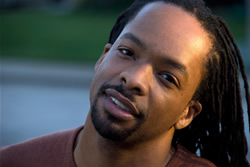 Chapter 16: A visitor to your website gets James Brown singing his excellent, excellent song “Please,” the song that seems to be both a soundtrack to and inspiration for the title of your début collection. And if you pick up the book and turn a couple of pages, there’s an epigraph by Prince, followed by a table of contents which divides the book into sections named “Repeat,” “Pause,” “Power,” and “Stop.” Individual poems, like “Track One: Lush Life,” continue the musical references; you even call your book’s endnotes “Liner Notes.” Taken all together, the effect is both playful and serious. Are readers meant to think of Please as an album of poetry?
Chapter 16: A visitor to your website gets James Brown singing his excellent, excellent song “Please,” the song that seems to be both a soundtrack to and inspiration for the title of your début collection. And if you pick up the book and turn a couple of pages, there’s an epigraph by Prince, followed by a table of contents which divides the book into sections named “Repeat,” “Pause,” “Power,” and “Stop.” Individual poems, like “Track One: Lush Life,” continue the musical references; you even call your book’s endnotes “Liner Notes.” Taken all together, the effect is both playful and serious. Are readers meant to think of Please as an album of poetry?
Brown: I think it’s important that writers write about what they love and about the things that obsess them. I really love music; it always seems to be speaking to the life I’m living at the moment that I hear it. I hope the book is like an “album of poems” in that I want its poems to affect the reader the way I’m affected by good songs.
Chapter 16: As a gay black man, you’re marginalized twice. The term “double-consciousness” was first used by W. E. B. Du Bois to describe the way a cultural outlier must always regard himself through the lens of the dominant culture. Only the outsider truly sees the truth; the members of the dominant culture, who assume the way they are is the only way to be, participate in a kind of collective blindness that discourages self-reflection. Can you talk about the double- or even triple-consciousness that resonates through so much of your own work?
Brown: The most I can say here is that I don’t know what the issues are if they are not spirituality, sexual identity, and race. I’m of the impression that that’s what my poems do, and that’s what they’ll always do. So there’s a way it’s purposeful and yet not purposeful. Dealing with masculinity and femininity, identity and gender and sexuality and race and what the soul has to do with all of this seems to me the calling. Confronting these things and the fact of their complexity seems to me part of my job. So when I’m drafting a poem or revising a poem I don’t really have a second thought about that; I just think that’s what I’m supposed to do.
Chapter 16: Like Lydia Peelle, a fiction writer who was once the speechwriter for former Tennessee governor Phil Bredesen, you worked as a speechwriter for the mayor of New Orleans. In an interview with Chapter 16 last year, Peelle had this to say about her political work: “[T]he governor looked for a creative writer on purpose. What people remember about good speeches isn’t the content; it’s the imagery and the storytelling.” How did you feel about the job? Is political writing good exercise for a poet?
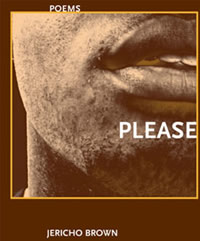 Brown: I was really excited to have what seemed to me a very important job at such a young age. I thought of it as my duty to do that kind of work at that time. Marc Morial is a visionary, and I am proud to have been a part of executing that vision. Poets, though, would probably gain better practice from political reading than they would from political writing.
Brown: I was really excited to have what seemed to me a very important job at such a young age. I thought of it as my duty to do that kind of work at that time. Marc Morial is a visionary, and I am proud to have been a part of executing that vision. Poets, though, would probably gain better practice from political reading than they would from political writing.
Chapter 16: You write about sex, love, longing, desire, desire, desire. You’ve also noted that these are the themes of love songs—and that the lover is, more often than not, a “fool.” What’s a fool for love to do?
Brown: A fool for love has got to hope he’s in love with another fool.
Chapter 16: You’ve said you consider your poetry part of a conversation with the writers and artists who inspire you. What writers do you read, and what musical artists do you listen to?
Brown: I read the Bible a lot. I also love Toni Morrison and Lucille Clifton and Louise Gluck. Stevie Wonder is probably my favorite musical artist today.
Chapter 16: In a conversation with your friend and fellow poet James Allen Hall, you said, “there are several words I refuse to use in poems written post-Please. The list is long.” Why do you refuse to use them?
Brown: I like the challenge of creating a new vocabulary, seeing what kind of a poem a new lexicon may yield. In Please, words like “field,” “green,” and “song” help to make for a world of touchstones with which the reader becomes familiar while moving through the book.
Chapter 16: What are you writing now? Are you consciously working from a point of refusal, or are you building something entirely new?
Brown: I guess I decided on a point of refusal and then began to build something entirely new. I’m writing about war, disease, the destruction of the natural world, and brotherhood through a rewriting of Bible scriptures.
Jericho Brown will read from his work at the Bishop Joseph Johnson Black Cultural Center on the Vanderbilt University campus on January 20 at 7 p.m.
